EJARI LICENSE
- Home
- »
- EJARI LICENSE
Ejari and license services in the United Arab Emirates (UAE) are essential components of the business registration and compliance process. Ejari refers to the online registration system that is used to regulate and document lease agreements for various types of properties, while license services pertain to the necessary permits and licenses required to operate a business in the UAE.
EJARI
Ejari is a government initiative implemented by the Real Estate Regulatory Agency (RERA) in Dubai to ensure transparency and accountability in the real estate sector. It is primarily used to register lease agreements for residential and commercial properties, including offices, retail spaces, and warehouses. The system helps regulate tenancy contracts and serves as proof of legal occupancy.
The process of obtaining an Ejari registration involves the following steps:
- Contract Preparation: A lease agreement or tenancy contract is prepared and signed by both the landlord and the tenant. It outlines the terms and conditions of the lease, including the rent amount, duration, and other relevant details.
- Required Documents: The necessary documents for Ejari registration typically include copies of the lease agreement, the tenant’s passport and visa, the landlord’s Emirates ID, and the title deed or the landlord’s authorization to lease the property.
- Ejari Registration: The registered parties, either the landlord or the tenant, can visit an Ejari registration center or use the online portal to submit the required documents and complete the registration process. The system will issue an Ejari certificate, which serves as an official proof of tenancy.
LICENSE SERVICES:
In addition to Ejari, businesses operating in the UAE are required to obtain various licenses and permits depending on their activity and jurisdiction. The specific licensing requirements differ across the Emirates, but the process generally involves the following:
- Determining the License Type: Businesses must determine the appropriate license type for their activities, which could be a commercial license for trading, a professional license for service-oriented businesses, or an industrial license for manufacturing and industrial activities.
- Company Formation: The business must be registered with the respective authorities, such as the Department of Economic Development (DED) in Dubai or the relevant free zone authorities in other Emirates. This typically involves choosing a legal entity structure, selecting a trade name, and submitting the required documents.
- Trade Name Approval: The proposed trade name must be approved by the relevant authorities to ensure it complies with the guidelines and is not already registered by another entity.
- License Application: The license application is submitted along with the necessary documents, including the company’s memorandum of association, shareholder information, lease agreement, and other supporting paperwork. The application may also require additional documentation, such as a business plan, financial statements, or NOC (No Objection Certificate) from relevant authorities.
- Fee Payment and Processing: The applicable fees for the license are paid, and the authorities process the application. This may involve conducting inspections, verifying the information provided, and assessing compliance with legal requirements.
- License Issuance: Once the application is approved, the business license is issued, enabling the company to legally conduct its operations in the UAE.
It is crucial for businesses to adhere to the specific licensing requirements of the Emirate in which they are operating. Local business setup consultants and PRO (Public Relations Officer) services can provide valuable guidance and support throughout the Ejari and license application process, ensuring compliance and a smooth registration experience.
By completing the Ejari registration and obtaining the necessary licenses, businesses can establish a solid legal foundation, gain credibility, and operate within the legal framework of the UAE

